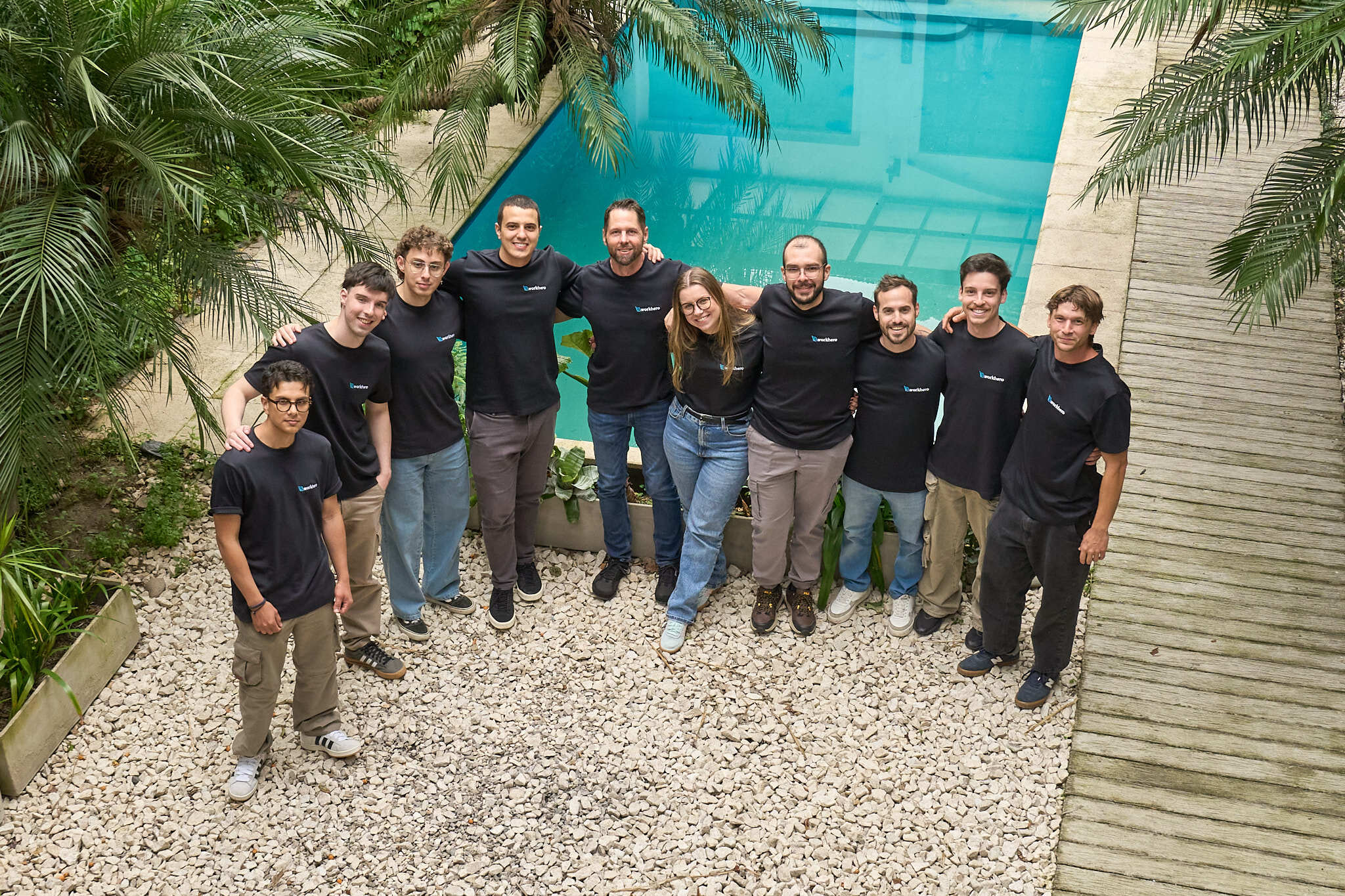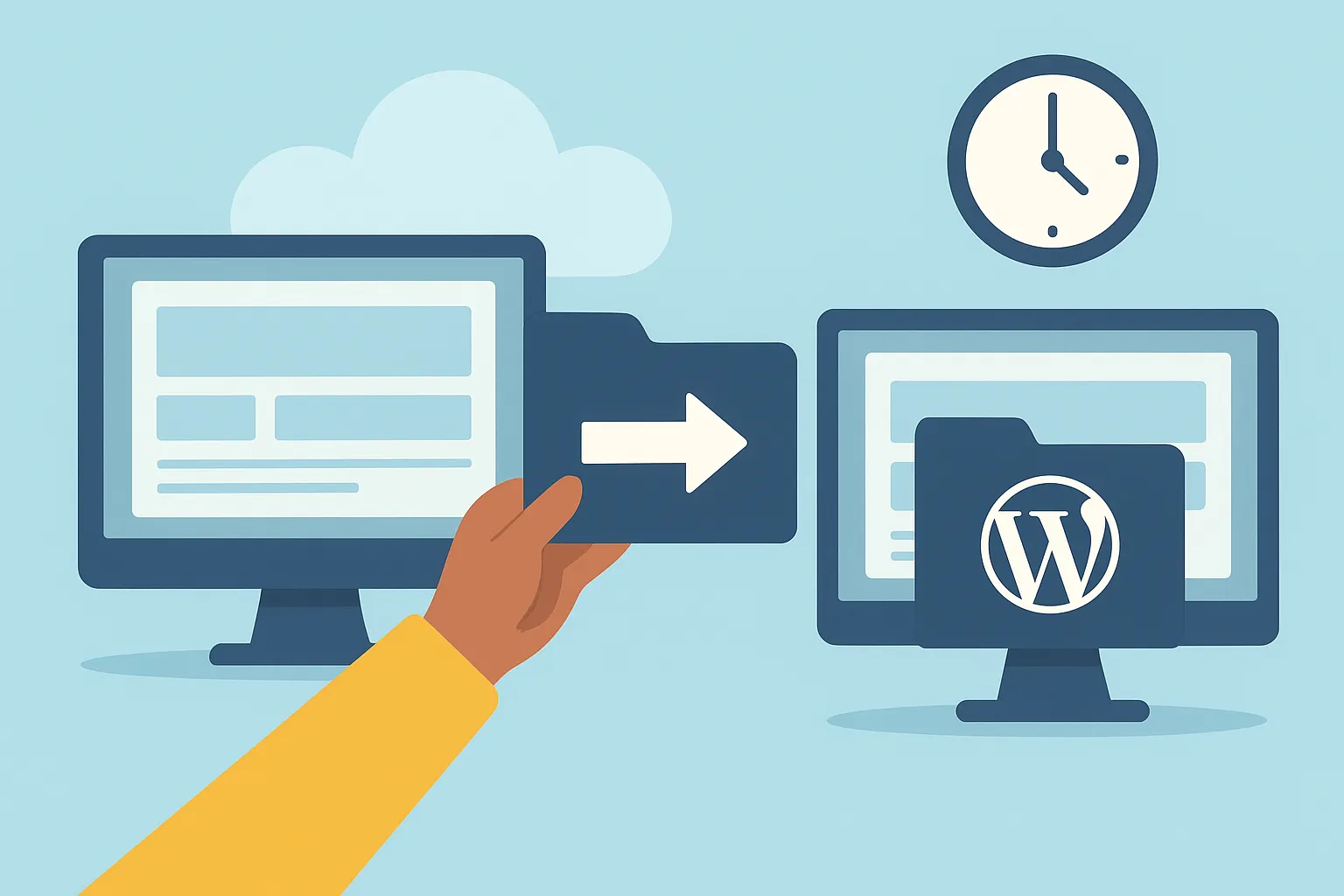

Managing WordPress website builds as an agency requires a balance of technical expertise, project management skills, and client communication. With WordPress dominating over 43% of the web, agencies must streamline their workflows to deliver high-quality websites efficiently. This article will explore actionable strategies, tools, and techniques to optimize WordPress website builds, address common challenges, and help agencies stand out in a competitive market.
The Importance of Streamlined WordPress Website Builds
A streamlined process for managing WordPress website builds improves client satisfaction, ensures timely delivery, and reduces operational bottlenecks. Agencies that adopt best practices can focus on scaling their business while delivering exceptional results.
1. Define Clear Project Scope and Goals
Before starting any WordPress website build, clarity is critical. Miscommunication about deliverables and expectations can derail projects. Here’s how to define a clear project scope:
- Conduct Detailed Discovery Sessions: Understand the client’s business goals, audience, and desired functionalities.
- Create a Project Brief: Document timelines, deliverables, and any third-party integrations required.
- Set Milestones: Break down the project into manageable phases, such as wireframing, design, development, and testing.
By clearly defining the project scope upfront, agencies can avoid scope creep and unexpected delays.
2. Leverage a Robust Project Management System
Efficient project management tools help agencies track progress, assign tasks, and communicate seamlessly. Popular tools for managing WordPress website builds include:
- Trello: Visualize project stages with Kanban boards.
- Asana: Track detailed tasks and deadlines.
- ClickUp: All-in-one project management with customizable workflows.
These platforms ensure that teams stay aligned, deadlines are met, and clients are regularly updated on progress.
3. Standardize Your Development Process
Consistency is key when building WordPress websites. Agencies should standardize their development process to improve efficiency and quality control.
- Use Staging Environments: Always test updates and changes in a staging environment before deploying them to the live site.
- Adopt a Modular Approach: Build reusable components and templates to reduce development time.
- Implement Version Control: Tools like GitHub or Bitbucket allow developers to track changes and collaborate effectively.
Standardized workflows save time, minimize errors, and improve the overall client experience.

4. Choose the Right Plugins and Themes
Not all WordPress plugins and themes are created equal. Selecting reliable tools ensures performance, security, and scalability.
- Recommended Plugins:some text
- All-in-One WP Migration: Simplifies migrating sites between servers.
- Advanced Custom Fields (ACF): Adds flexibility to WordPress development.
- Yoast SEO: Optimizes content for search engines.
- Theme Selection:some text
- Choose lightweight themes like GeneratePress or Astra for speed and customization.
- Avoid overly complex themes that add unnecessary bloat.
Regularly auditing plugins and themes also helps maintain optimal site performance.
5. Focus on Security and Compliance
Security breaches and compliance violations can tarnish an agency’s reputation. Proactively implementing security measures is a must.
- Enforce SSL: Ensure every website uses HTTPS to protect user data.
- Use Security Plugins: Tools like Wordfence or Sucuri can prevent malware attacks.
- Follow Accessibility Guidelines: Adhere to Web Content Accessibility Guidelines (WCAG) to ensure inclusivity.
Prioritizing security and compliance protects your clients and positions your agency as trustworthy and reliable.
6. Optimize for Performance and Speed
Website speed impacts user experience, SEO rankings, and conversions. To optimize WordPress site performance:
- Use a Content Delivery Network (CDN): Services like Cloudflare distribute content globally for faster loading.
- Optimize Images: Compress images with tools like ShortPixel or Smush.
- Enable Caching: Use caching plugins like WP Rocket to improve load times.
These practices enhance website performance and leave clients impressed with the results.
7. Master WordPress Multisite for Scalability
For agencies managing multiple sites, WordPress Multisite offers an efficient solution. It allows you to manage multiple websites from a single dashboard, saving time and resources.
- When to Use Multisite:some text
- Building a network of related sites (e.g., franchises, regional branches).
- Managing client portfolios.
- Best Practices for Multisite:some text
- Regularly back up all sites in the network.
- Use plugins compatible with Multisite installations.
- Establish clear site-specific user permissions to prevent accidental changes.
8. Offer White Label Solutions
White-label WordPress solutions allow agencies to outsource development while maintaining their branding. This approach is ideal for agencies looking to expand their offerings without hiring additional in-house developers.
- Benefits of White Label Solutions:some text
- Access to expert developers without overhead costs.
- Focus on strategy and client relationships while outsourcing technical tasks.
- Faster project completion.
Work Hero offers tailored white-label WordPress solutions for agencies, providing seamless support for custom development, plugin updates, and website migrations.
9. Handle Website Migrations Like a Pro
Migrating WordPress websites can be challenging, especially for agencies unfamiliar with server configurations. To ensure smooth migrations:
- Use Reliable Tools: Plugins like All-in-One WP Migration simplify the process.
- Check Hosting Requirements: Ensure the new server meets WordPress’s requirements for PHP, MySQL, and server resources.
- Test After Migration: Verify that links, forms, and third-party integrations function correctly post-migration.
Smooth migrations demonstrate your agency’s technical expertise and build client trust.
10. Regularly Update and Maintain Sites
A website build doesn’t end after launch. Offering ongoing maintenance services ensures your clients’ websites remain secure, up-to-date, and functional.
- What Maintenance Includes:some text
- Plugin and theme updates.
- Security monitoring and backups.
- Performance optimizations.
Agencies can generate recurring revenue by offering comprehensive maintenance packages.
11. Build a Strong Client Communication Strategy
Clear communication fosters trust and reduces misunderstandings. Some tips for effective client communication:
- Set Expectations Early: Provide a detailed timeline and outline responsibilities.
- Use Reporting Tools: Share progress updates using platforms like Google Data Studio.
- Offer Post-Launch Training: Educate clients on managing their WordPress site through tutorials or live sessions.
Strong communication helps agencies stand out as client-focused and professional.

Streamline Your WordPress Website Builds with Work Hero
Managing WordPress website builds as an agency doesn’t have to be overwhelming. By adopting best practices like standardizing workflows, leveraging the right tools, and offering white-label solutions, your agency can scale efficiently and deliver exceptional results.
If you’re ready to elevate your WordPress projects, Work Hero offers comprehensive WordPress support for agencies, including migration, Multisite support, and white-label solutions. Book a call to learn more and explore how we can support your agency’s growth.
















